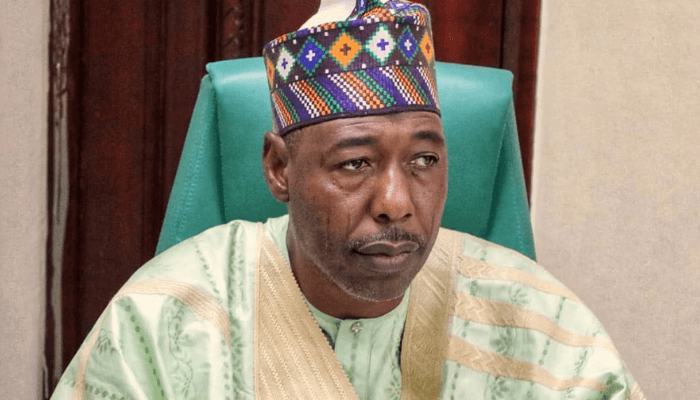Nigerian bonds experienced selloffs in the second quarter of 2024, as investors began to prioritize good governance over high yields.
This is according to the Second-Quarter 2024 Report of the National Pension Commission.
This trend indicates a broader shift in the risk appetite of global investors, especially within emerging markets.
Despite attractive returns, concerns over effective governance in certain sectors prompted investors to seek more stable options, resulting in a volatile quarter for Nigerian sovereign bonds.
The report indicated that the S&P/FMDQ Sovereign Bond Index, which monitors the performance of Nigerian sovereign debt, fell by 7.82%, decreasing from N593.86 billion in March 2024 to N547.61 billion by the end of June 2024.
The report read “As of June 30, 2024, the S&P/FMDQ Sovereign Bond Index, which monitors the performance of sovereign debt issued by the Federal Government of Nigeria, recorded a further decline. The index decreased by 7.82% from N593.86 billion as at March 29, 2024, to N547.61 billion. This reflects continued volatility and changes in the sovereign bond market during Q2:2024.
“Also, Nigerian bonds experienced a sell-off as investors emphasized good governance over high yields in emerging markets.”
Investors’ concerns over governance overshadowed the allure of high returns, particularly as the Central Bank of Nigeria raised its Monetary Policy Rate to a historic 26.25% to combat inflation, which reached 34.19% by the end of Q2 2024.
“Interest rates across the Naira yield curve showed mixed movements, with short-term rates rising by 190 basis points due to liquidity tightening by the Central Bank of Nigeria (CBN), which raised rates by 150 basis points to a historic 26.25% during its May MPC meeting,” the report added.
In Q2 2024, the Federal Government of Nigeria significantly increased its borrowing by auctioning N1.23 trillion in bonds.
This action contributed to a decrease in bond yields from the high levels of Q1, resulting in an 8.2% rise in the FMDQ S&P Nigeria Bond Index for the quarter.
Despite this improvement, the year-to-date performance remained negative at -3.9%, indicating that investor sentiment had not fully recovered.
The report noted “On the longer end of the spectrum, the Debt Management Office (DMO) auctioned N1.23 trillion in bonds, contributing to a retracement in yields from the peak levels observed in Q1 2024, particularly across less actively traded bonds. This yield adjustment led to an 8.2% rise in the FMDQ S&P Nigeria Bond Index for the quarter, although the year-to-date performance remained negative at -3.9%.”
To tighten liquidity through Open Market Operations, the Central Bank of Nigeria recorded sales totaling N2.9 trillion, with a one-year stop rate yield of 28.95%.
Additionally, Treasury Bills sales in Q2 reached N2.85 trillion, with average stop rates increasing by 323 basis points to 18.08%.
The one-year bill closed at 20.68%, yielding an effective rate of 26.03%.
Furthermore, the report indicated that investments in Federal Government Securities rose by 6.22%, increasing from N12.20 trillion in Q1 to N12.96 trillion by the end of Q2 2024.
This growth was primarily driven by investments in FGN Bonds, which comprised 96.43% of total FGN Securities.
It added “Pension Fund Assets were mainly invested in Federal Government Securities (FGN), which accounted for 63.27% of total assets. The composition of investments in FGN Securities were as follows: FGN Bonds, 96.43%; Treasury Bills, 1.95%; and Agency, Sukuk and Green Bonds, 1.62%.”
It was previously reported that the CBN incurred approximately N1.55 trillion in interest payments for the 12 successful Treasury Bills (T-Bills) auctions conducted in the first half of 2024.











